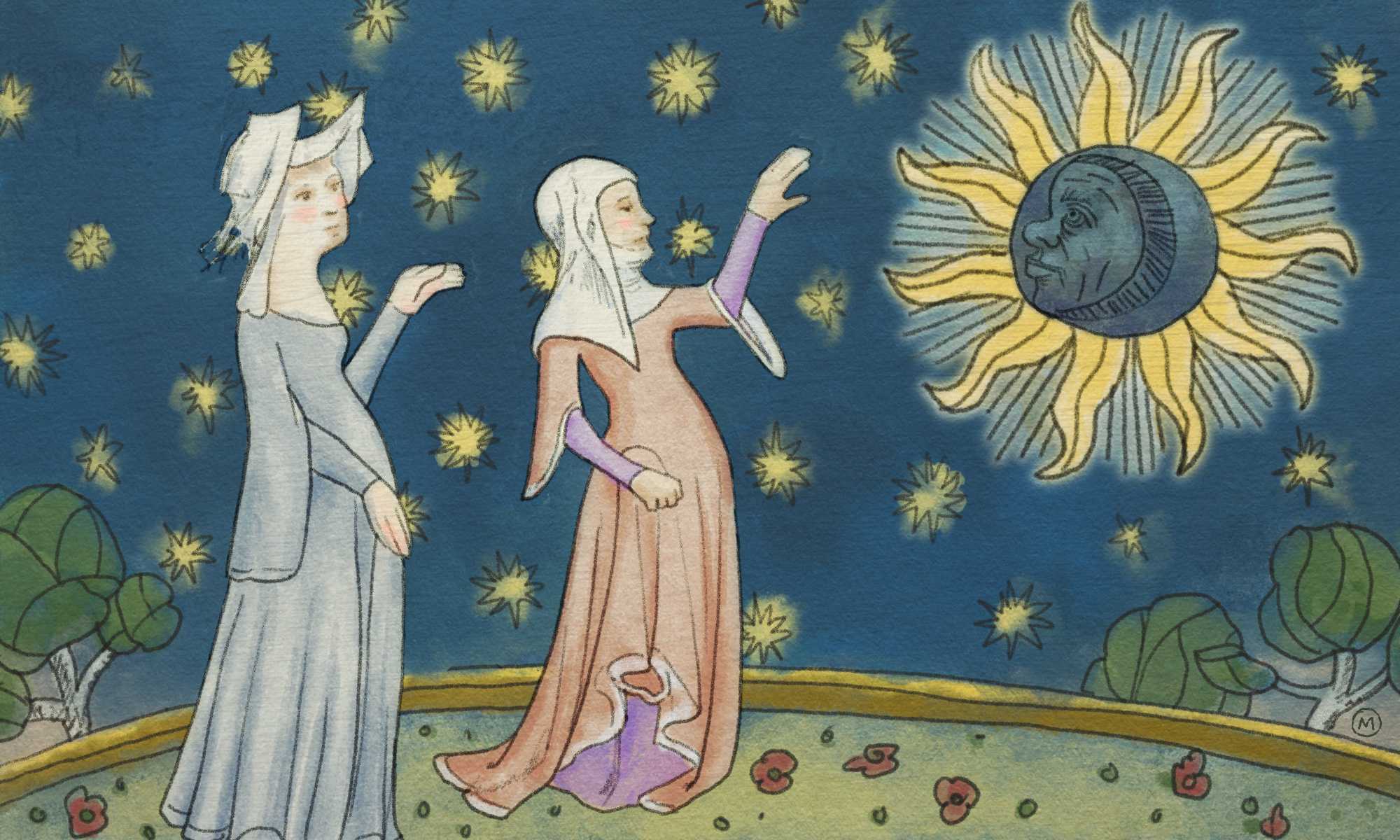 After traveling through Italy in 1699, Joseph Addison wrote how “The Alps fill the mind with an agreeable kind of horror.”
After traveling through Italy in 1699, Joseph Addison wrote how “The Alps fill the mind with an agreeable kind of horror.”
His observations, along with those of other Englishmen who crossed the mountains as part of their continental Grand Tours, helped spark an intense interest in the “sublime” as an aesthetic concept — distinct from and even surpassing “beauty” in its paradoxical power to simultaneously overwhelm, occasionally terrify, but also elevate us.
Robert Doran, associate professor of French and comparative literature, explores how and why this distinction became important in his forthcoming book The Theory of the Sublime from Longinus to Kant (Cambridge University Press, 2015).
“The concept of the sublime allows us to conceive of a certain kind of experience that normally would only be accessible using theological concepts,” Doran explained in an interview. “It’s a secularized version of religious experience. It’s the experience of transcendence, but transcendence in the arts or in the aesthetic appreciation of nature.”
The concept also allows us to give voice to experiences that are shared across the barriers of class and distinction.
“One of my arguments is that the concept of the sublime provided a way for the bourgeois subject to appropriate a kind of heroic subjectivity, the kind that was in earlier times the province of the aristocracy,” Doran said. “The ordinary individual can experience this kind of nobility of mind, as it were, this heroic feeling that seemed to be only possible for certain classes before.”
Is the concept of the sublime still relevant today? Absolutely, Doran contends.
We can experience it when we stand at the edge of the Grand Canyon or Niagara Falls. We can experience it listening to great music. We can even experience it when witnessing technological advances — if we are moved to introspection and reflection.
“When Neil Armstrong says those words, ‘That’s one small step for [a] man, one giant leap for mankind,’ it was a sublime moment, a sublime statement — not because the words are necessarily as poetic as Shakespeare’s but just because of the moment, the context,” Doran said.
“There’s an anthropological dimension to this,” he added. “It is part of what it means to be human, to have this desire for transcendence, this desire to go beyond. The human being is in some sense defined by its desire for transcendence.”



